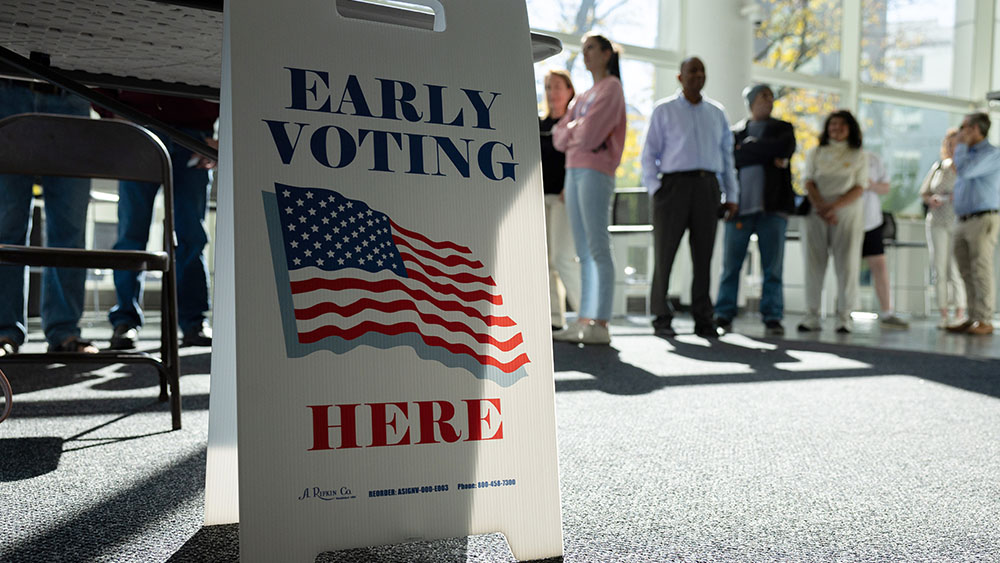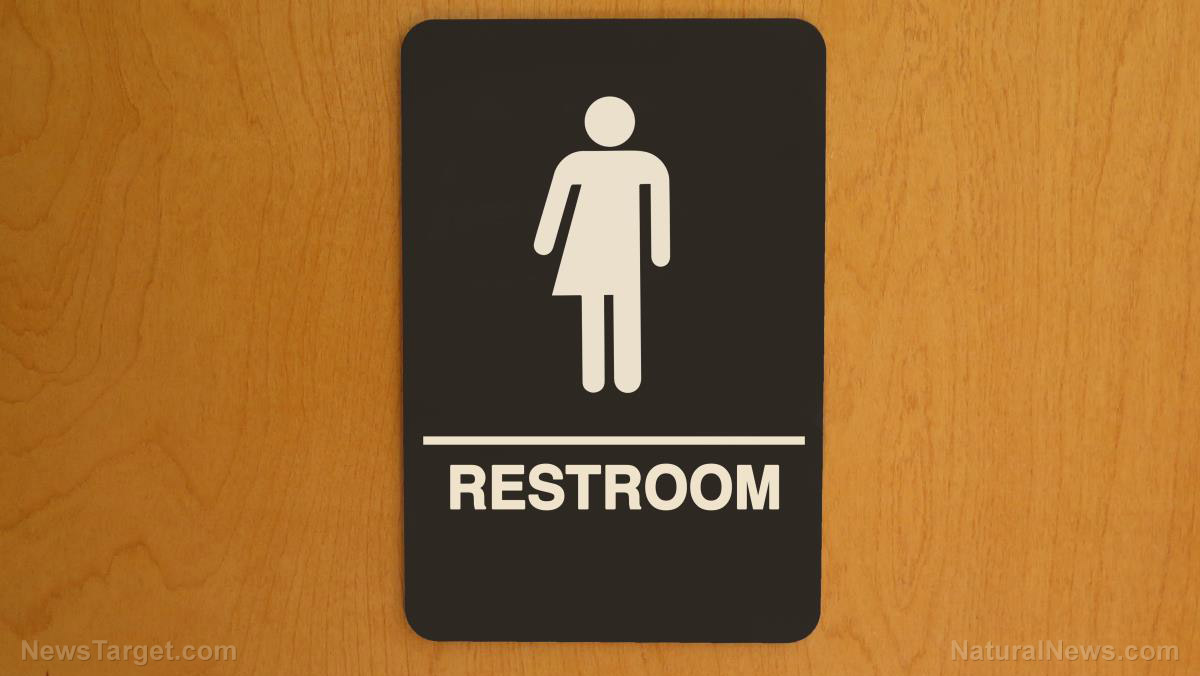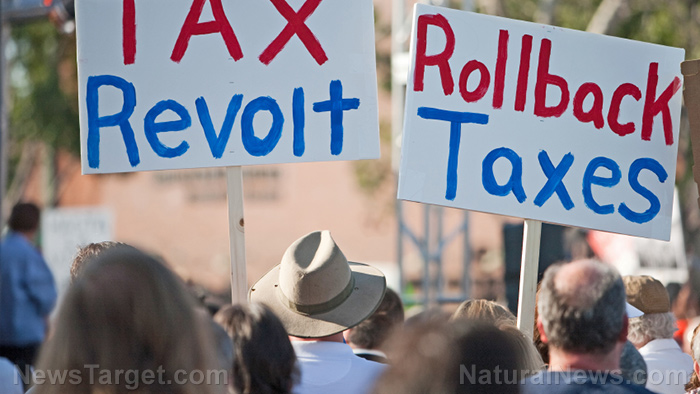In pursuit of election integrity: Texas forges multi-state pact to crack down on voting irregularities
09/24/2025 / By Willow Tohi

- Texas partners with nine states to share voter registration data via memorandums of understanding (MOUs).
- The agreements aim to prevent duplicate registrations and detect cross-state voter fraud.
- Texas has also implemented an election security grant program to modernize county systems.
- Over 500 election fraud cases remain pending in Texas courts, highlighting the need for systemic reforms.
- A proposed constitutional amendment will ask voters to affirm only U.S. citizens may vote in state elections.
In response to widespread concerns over voter fraud and inconsistent election practices, Texas has entered into historic agreements with nine states to share voter registration data and strengthen election integrity. Secretary of State Jane Nelson announced the partnerships on September 18, 2025, calling them a “significant step” to protect voting accuracy. The move follows years of documented electoral irregularities in Texas, including over 500 open fraud cases and systemic gaps in citizenship verification. By forging this alliance with Alabama, Arkansas, Kansas, Kentucky, Louisiana, Ohio, South Carolina, Virginia and West Virginia, Texas seeks to set a national precedent for cross-state collaboration, safeguarding democratic processes amid rising public scrutiny.
Multi-state collaboration to tackle voter fraud concerns
The memorandums of understanding (MOUs) establish protocols for securely exchanging voter registration data between states. Officially dubbed “a critical tool to detect potential fraud,” the agreements will enable participating jurisdictions to flag duplicate registrations and cases of cross-jurisdiction voting. Each agreement requires strict adherence to privacy and cybersecurity standards, with flagged anomalies referred directly to law enforcement.
“By working together, we are demonstrating how states can responsibly share information while protecting voter data,” Nelson emphasized in remarks to reporters. The initiative expands on existing efforts like Texas’ 2023 removal of 6,500 noncitizens from voter rolls—a case that highlighted the scale of citizenship verification challenges. According to the Texas Attorney General’s office, over 500 election fraud cases linked to absentee ballots, ballot harvesting and other irregularities remain unresolved, underscoring the urgency of systemic reforms.
Existing efforts and challenges in maintaining clean voter rolls
Texas has long been a leader in legislative action against electoral vulnerabilities, from requiring paper-trail audits to launching an election fraud unit in 2023. This year, Nelson’s office spearheaded a grant program to equip counties with biometric voting systems, video surveillance at polling stations and updated IT infrastructure. However, significant obstacles persist:
- Federal data delays: Texas officials await citizenship status updates on hundreds of thousands of voters due to bureaucracy at federal agencies.
- Local resistance: Some counties have flouted election laws, relying on outdated systems and informal practices that Nelson calls “dangerous loopholes” enabling fraud.
These systemic gaps, paired with documented noncompliance, prompted Nelson to push for the multi-state pact. “Texans expect transparent elections,” she stressed, “and this initiative is part of a layered strategy to rebuild trust.”
Future steps and the importance of public trust in elections
The MOUs are part of a broader Texas strategy. State lawmakers have advanced SJR 37, a ballot initiative in November that would explicitly bar noncitizens from voting in state elections. Meanwhile, Nelson’s office plans to expand the MOU network, citing a goal of signing additional partnerships.
Historically, Texas has faced criticism for both overzealous and insufficient voter roll management—criticisms intensified after the 2020 elections. Monday’s announcement positions the state as a model for proactive and cooperative solutions.
“Trust in democracy hinges on fairness and accountability,” said Nelson, noting that cross-state data-sharing “isn’t just about stopping fraud—it’s about proving to voters we’re serious about their rights.”
A national blueprint for election security
Texas’ multi-state accord signals a shift toward collective action in combating voter fraud, leveraging technology and interjurisdictional cooperation to close legal and procedural loopholes. While challenges remain—from slow federal responses to partisan disputes over voting rights—the initiative reinforces Nelson’s vision of “election integrity rooted in transparency.” As voters gear up for November’s elections, the Texas model may inspire nationwide reforms, ensuring every vote counts—and only one.
Sources for this article include:
Submit a correction >>
Tagged Under:
big government, corruption, election integrity, election security, freedom, Liberty, national security, politics, progress, public trust, rigged, surveillance, Texas, vote, vote fraud
This article may contain statements that reflect the opinion of the author
RECENT NEWS & ARTICLES
COPYRIGHT © 2017 GREATERTEXAN.COM
All content posted on this site is protected under Free Speech. GreaterTexan.com is not responsible for content written by contributing authors. The information on this site is provided for educational and entertainment purposes only. It is not intended as a substitute for professional advice of any kind. GreaterTexan.com assumes no responsibility for the use or misuse of this material. All trademarks, registered trademarks and service marks mentioned on this site are the property of their respective owners.



















